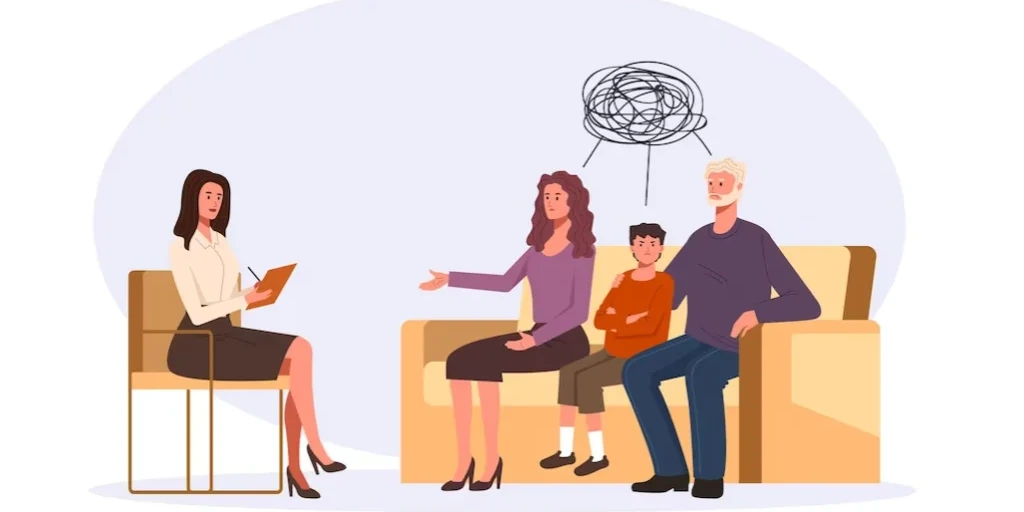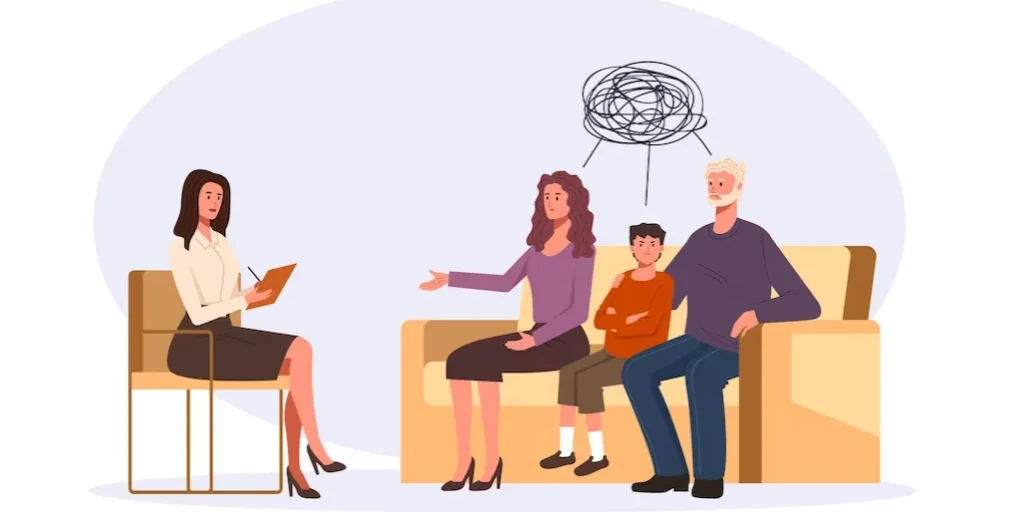24/7 Helpline:
(866) 899-111424/7 Helpline:
(866) 899-1114
Learn more about Inpatient Rehab centers in Allen County
Inpatient Rehab in Other Counties

Other Insurance Options

Premera

PHCS Network

Kaiser Permanente

MHNNet Behavioral Health

BlueShield

UMR

CareFirst
Beacon

CareSource

WellCare Health Plans

Multiplan

Humana

State Farm

Ceridian

Providence

American Behavioral

ComPsych

Horizon Healthcare Service

Magellan

Ambetter

Time Out Community Counseling and Correctional Services
Time Out Community Counseling and Correctional Services offers outpatient treatment for individuals ...

LifeSkills Service Center – Allen County
LifeSkills Service Center – Allen County is a private rehab located in Scottsville, Kentucky. LifeSk...

More to Life Counseling
More to Life Counseling offers faith-based and evidence-based counseling services for individuals, f...
































































